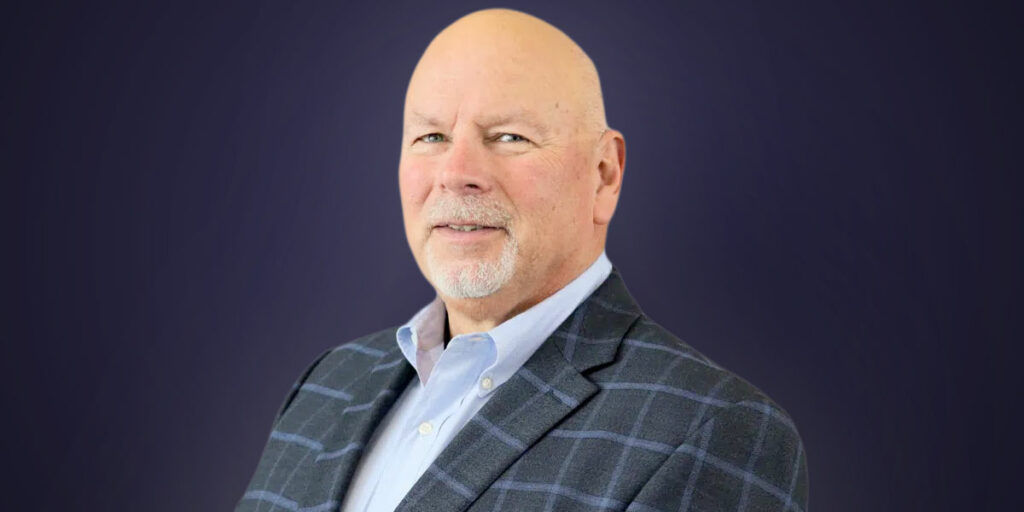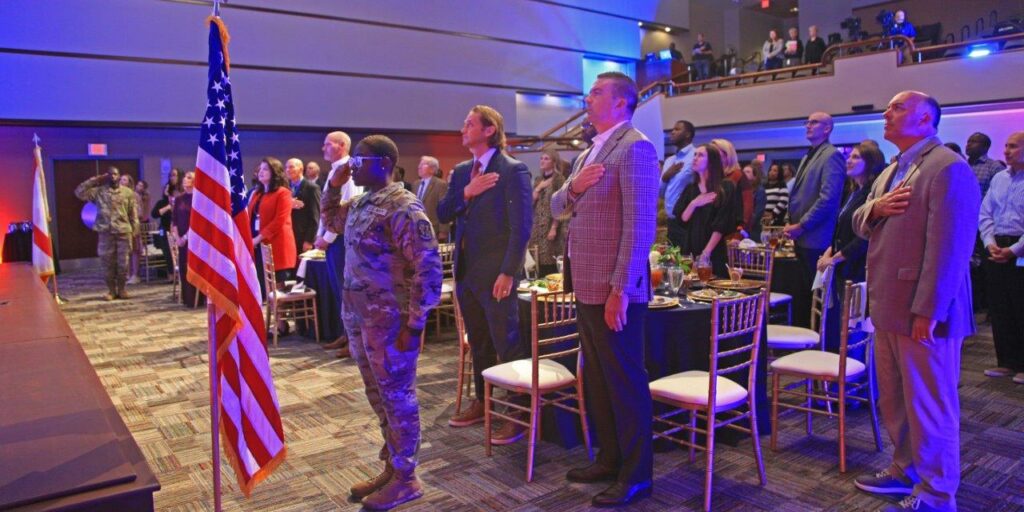You could spend an entire lifetime paddling across Alabama’s 132,000 miles of water from the Tennessee River to the Gulf of Mexico and the thousands of lakes, rivers and streams in between.
Two organizations have partnered to help educate young people just starting that journey.
The 4-H RiverKids Program teaches children ages 9-18 basic paddling skills, water safety and more about outdoor recreation. Since 2015, the Alabama Cooperative Extension System (ACES) has worked closely with the Alabama Scenic River Trail (ASRT) on the program.
Under the partnership, RiverKids has grown to 28 counties, with 37 certified instructors and almost 800 participants through 4-H. Some of the counties participating with Alabama Power lakes include Cherokee, Etowah, Randolph, Shelby and Tallapoosa.
RiverKids started as a small program run by ASRT. Its founder, Fred Couch, wanted to encourage kids to explore the outdoors while teaching them about water safety.
The group soon realized working with 4-H would expand RiverKids’ reach and support the association’s goal of promoting water recreation in Alabama.
“We opened the trail as an opportunity for residents to get out on the water,” said Jay Grantland, ASRT executive director. “Our goal is to promote the waterways in Alabama as a recreational opportunity. The goal was to give kids the opportunity to explore and learn what Alabama has to offer and to do it safely, since there is an inherent risk with water activity.”
The RiverKids program is seasonal and typically runs from April to October. Classes include paddling basics and safety but also explore topics such as fishing, hiking and being environmentally conscious.
Each class is a little different. Some are structured as one- or two-day events, while others resemble a traditional summer camp. Other outdoor and water-related 4-H programs are also often incorporated.
“One thing that’s the same in all the classes we provide is instruction on the bank or in a classroom on learning how to use gear and a paddle,” said Emily Nichols, extension specialist and RiverKids administrator. “We want everyone to be comfortable before taking off in the water.”
It’s not just about technique. RiverKids makes sure young people have proper safety gear like whistles, first-aid kits and rescue throw bags. Grantland said students leave the program feeling safer and more comfortable on the water.
“It gives them an understanding and respect for the water, as well as a desire to get out and enjoy these kinds of outdoor activities,” Grantland said.
Parents say RiverKids offers children something different than traditional after-school sports and extracurricular activities.
“I decided to get my daughter involved in the RiverKids program because she needed a good extracurricular activity for the summer because she is not involved in any sports. RiverKids sounded fun, and it would take her outside her comfort zone by being on the water,” said Katrina Lucas, whose 12-year-old daughter participated in the program in Barbour County. “This is something different that lets the kids learn about something new. They got to do something that if not offered by this program they would never get to do.”
Besides a new experience, Wendy Newell of Calhoun County said the program teaches kids to respect the great outdoors.
“It helps our children learn valuable lessons about the importance of waterways in Alabama. It is crucial for our children to understand the importance of taking care of the water for not only people but also for the Alabama wildlife that depend on it,” said Newell, whose son Xander took part in the program.
Luke Padgett, 15, participated in the Barbour County RiverKids Kayak Club alongside his dad.
“I enjoyed kayaking with my dad, seeing fish jump out of the water, and being beside ducks on the water was fun,” Padgett said.
To learn more about the program, visit alabama4h.com.
This story originally appeared in Alabama Power’s Shorelines.
(Courtesy Alabama NewsCenter)










